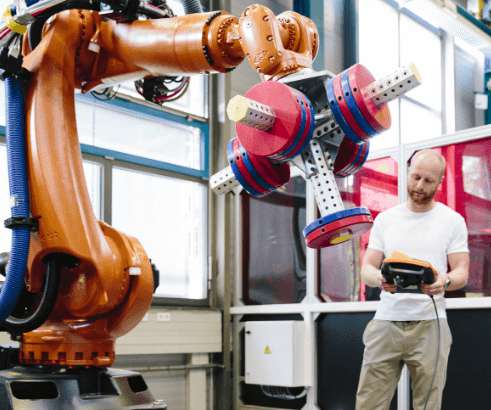Industry Outlook: Manufacturing Trends
Trinity Logistics
NOVEMBER 13, 2023
DIFFICULTY FINDING LABOR DIVERSIFYING WORKFORCE TECHNOLOGY IS TAKING OVER INCREASING CYBERSECURITY CARBON NEUTRALITY BUILDING RESILIENT SUPPLY CHAINS DIFFICULTY FINDING LABOR Manufacturers are still struggling to find labor, with a recent Deloitte survey estimating that the manufacturing sector will be short 2.1















Let's personalize your content